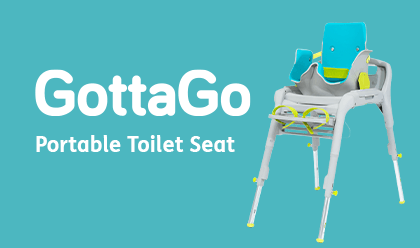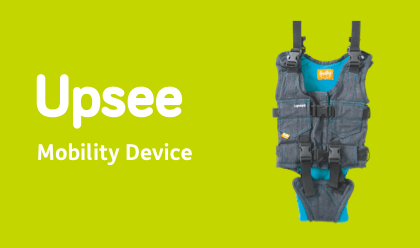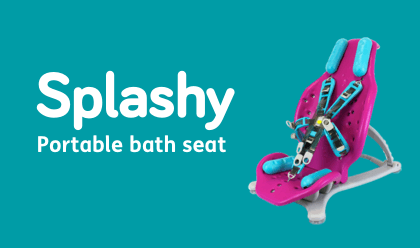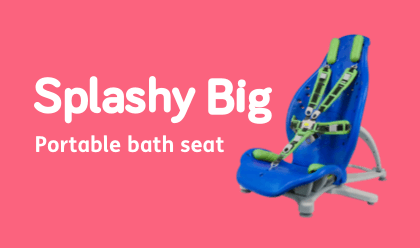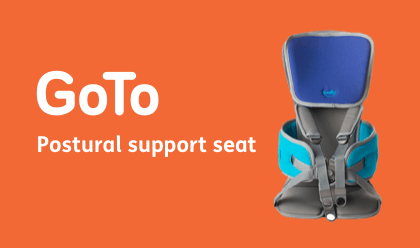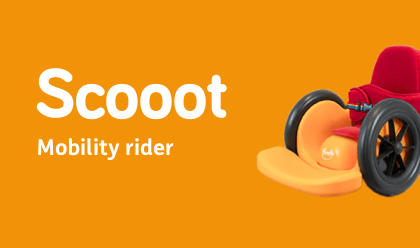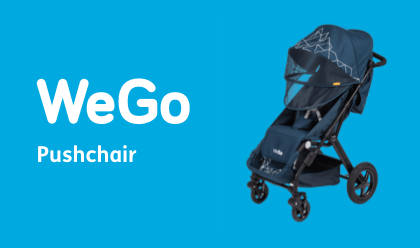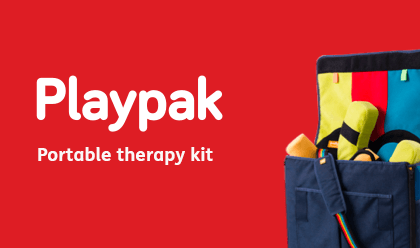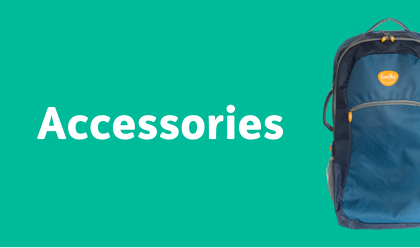(Mis)communication

“Getting the wrong end of the stick”, “That’s not what I meant!”, “How did you get that from what I said?”, “You’re at that cinema?! I thought you meant the other one!”.
We’ve all been there, when the message you are trying to get across doesn’t quite “add up” for the other person due to a variety of possible factors.
It can be anything from funny to downright catastrophic to relationships.
Now imagine you’re a child with additional needs who struggles to communicate at the best of times.
I often think to myself how utterly infuriating that would be to not know how to portray the message you want to get across.
Or, if things are the other way round, for that child to not know what is being asked of them.
As a trained learning disability nurse, I was taught Makaton (a simplified version of British sign language) in university, although I never actually got to use this in practice as people often create their own “version” that is understood by a select few.
I have Multiple Sclerosis and for the past four years or so I have had “word finding” difficulties.
It sounds funny, but in reality is quite awful.
I can literally be mid sentence and just totally forget the word I am trying to say next, and often even lack the right way to try and explain what it is.
I can also be mid sentence and forget what I was saying completely, especially if I was distracted which, with triplets, happens a lot.
It’s amazing how much my fatigue impacts this as well and really has given me a tiny insight into how isolating it must be to have communication difficulties.
It makes me favour “written” communication eg. texts (or blogs!) at times, which doesn’t suit everyone because it obviously takes up more time, which is precious to us all.
I have a dear friend who also has a brain condition (idiopathic intracranial hypertension) and we often joke about how one of us will forget what we’re saying and the other is then distracted so won’t remember either!
As my husband says, you either laugh or cry!
When my son was around two years old his speech regressed.
He’d come on slowly anyway compared to his siblings but the words he had formed and used began to slip away.
Soon all he said was “mama” and “bye bye”. I noticed at that time he also became more withdrawn and “went along” with things rather than tried to direct play.
Thankfully, his Speech and language therapist (SLT) was really very good and got my husband and his mum onto a Makaton course.
We began watching a lot of “Mr. Tumble” to encourage Jacob to use Makaton to communicate his wants, needs and feelings.
It was soon second nature for us ALL to use Makaton to communicate simple things like to ask for more, to ask for a drink or something to eat, to say hello or goodbye etc.
One day Jacob just decided to speak again and dropped his Makaton completely (although he does enjoy trying to show his baby cousin how to do some signs now).
Jacob has spina bifida, hydrocephalus and epilepsy. We never did work out the real cause for his speech regression, and the lost year or so doesn’t seem to have impacted him much.
When he wasn’t communicating verbally, he was slightly more placid and just went with the flow.
Now he is very strong minded and will direct conversations, situations and play based on his own preferences.
I often think how his lack of ability to communicate with people made him just regress into himself and form his own little “bubble” (Covid free at that time of course!) to avoid having to engage with the world.
My child came out of that for whatever reason, but I am so aware there are many children who will never be able to communicate verbally.
It makes the little things so important eg. eye contact, reduction of distractions, choosing the right time when the child isn’t fatigued/sore/hungry and so on.
If I ever see children at clinics etc who are naturally quiet, I always try to smile at them.
If I have Jacob with me, there is often a returned smile from the parent with a mutual “you too?!” look.
If I am alone, I take the parent’s lead whether or not to stop and say hello. If Ben and Chloe see another child with disabilities apart from Jacob they will often say hello or wave without being prompted to.
How lovely it will be if the next generation grows up knowing that communication difficulties aren’t something to shy away from and sometimes a simple smile can go such a long way.
